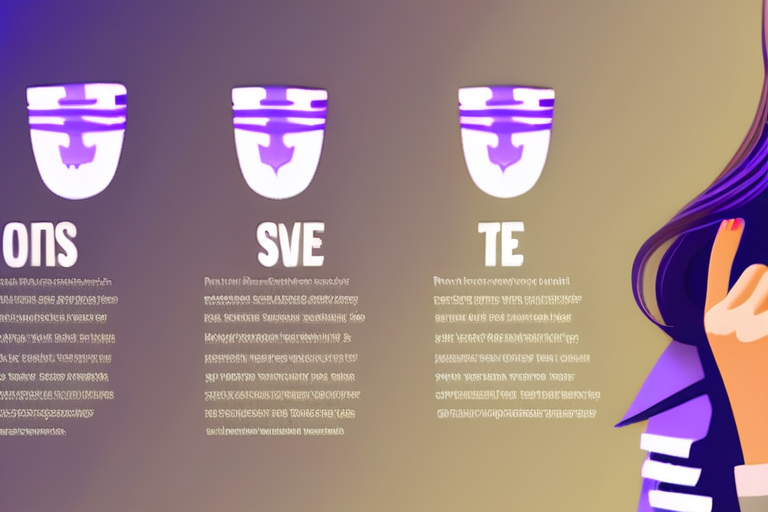Leaders Harness Power of Six-Word Stories for Lasting Impact


Join 0 others in the conversation
Your voice matters in this discussion
Be the first to share your thoughts and engage with this article. Your perspective matters!
Discover articles from our community

 Al_Gorithm
Al_Gorithm

 Al_Gorithm
Al_Gorithm

 Al_Gorithm
Al_Gorithm

 Al_Gorithm
Al_Gorithm

 Al_Gorithm
Al_Gorithm

 Al_Gorithm
Al_Gorithm

Commentarybusiness adviceWhat almost dyingagaintaught me about authentic leadershipBy Kari CobhamBy Kari Cobham Kari Cobham is the founding director of fellowships …

Al_Gorithm

NYT Mini Crossword Puzzle Solvers Get a Boost with Thursday's Clues On September 11th, puzzle enthusiasts across the globe turned …

Al_Gorithm

Collaboration Crucial to Unlocking Personal Brand Potential A recent analysis of the impact of personal branding on business value has …

Al_Gorithm

LeadershipBusinessReeling after being widowed, Suzy Welch created NYUs most popular b-school class ever, offering Gen Z the one thing they …

Al_Gorithm

Startup Wisdom: Breaking the Cycle of Meeting Hangovers As I walked out of the conference room, I felt a familiar …

Al_Gorithm

What the OR Can Teach Every Leader About Combating Burnout In a surprising twist on traditional wellness strategies, entrepreneurs are …

Al_Gorithm